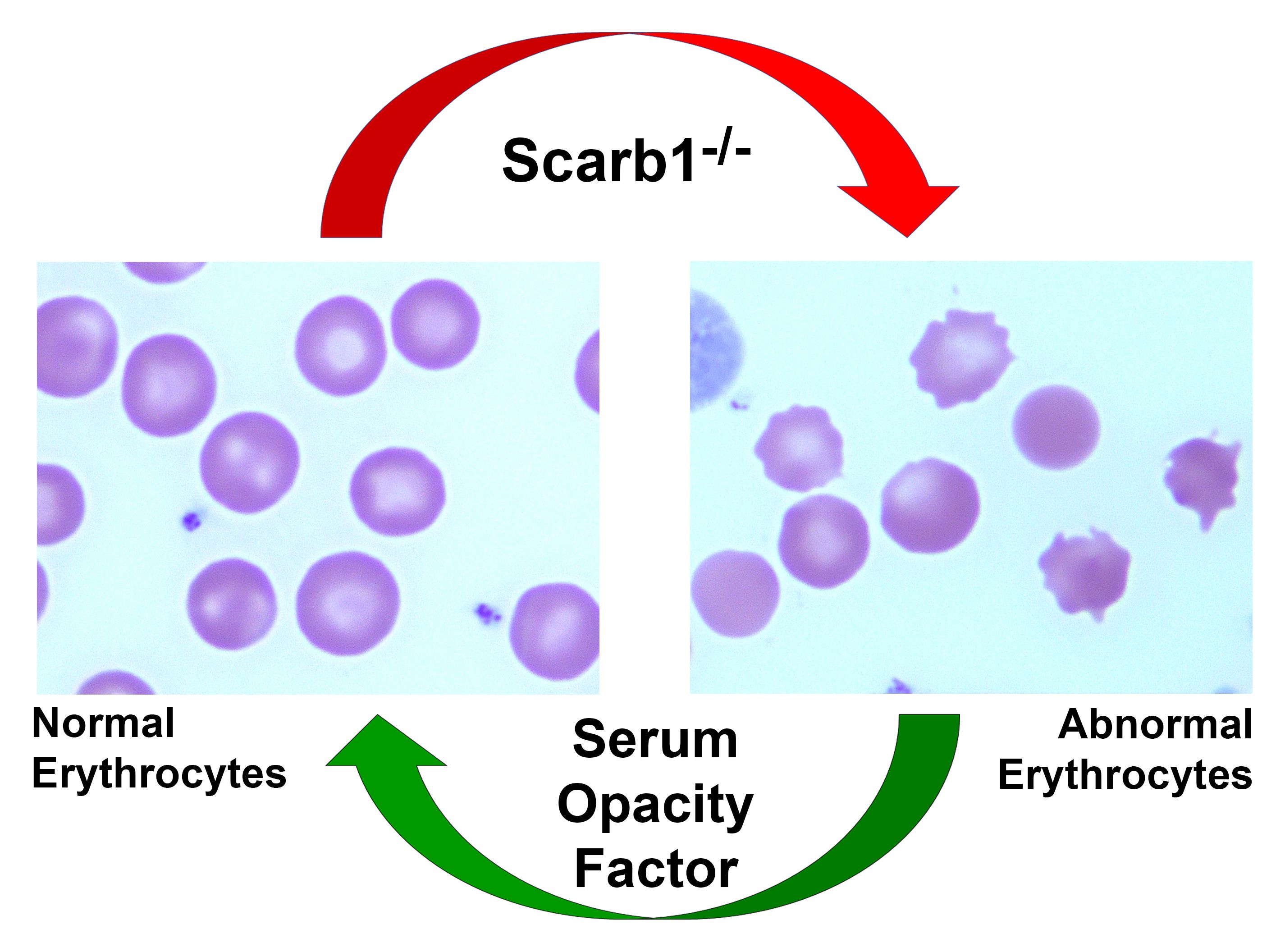
Research
Dr. Pownall’s research encompasses hypothesis-driven studies of lipids and lipoproteins in the context of diseases—obesity, diabetes, and atherosclerosis. The hypothesis generating process begins with the formulation of a mechanistic model that can be tested using a variety of complementary approaches. These include chemical kinetics, structural studies (E.g., Cryo EM), mouse models of dysfunctional lipid metabolism, and studies in humans. The current research focus is on the role of free cholesterol bioavailability in the occurrence of a variety of diseases. These have been studied in the HDL-receptor deficient mouse, which is susceptible to diet-induced atherosclerosis, dysregulated red cell and platelet function, and female infertility. The main tool for correction these disorders in mouse is the delivery of a bacterial protein, serum opacity factor, which greatly reduces plasma cholesterol levels and reverses some of the pathologies, including female infertility. Current studies include an NIH-supported project that will test the hypothesis that excess plasma free cholesterol is linked to the occurrence of atherosclerosis among patients with very high plasma HDL concentrations. Concurrently, the laboratory is designing and formulating novel lipid nanoparticles that are optimized to resist the metabolic challenges of degradative plasma enzymes and lipid transfer activities. This project involves chemical kinetics, organic synthesis, and in vivo comparisons of optimized vs. traditional LNP delivery of mRNA.
Figure 1: Adeno-viral delivery of bacterial serum opacity factor reverses erythrocyte abnormalities in the HDL receptor-deficient mouse.

Current Projects:
- Atherogenesis in humans and mouse models
- Optimized lipid nanoparticles
Bio
Dr. Pownall received his BS in chemistry from Elizabethtown College and his doctorate in chemistry from Northeastern University where he studied the molecular spectroscopy. This was followed by a postdoctoral fellowship in chemistry at the University of Houston where he studied prebiotic synthesis and spectroscopy. He obtained his formal training in lipid and lipoprotein chemistry and biology at Baylor College of Medicine (BCM) where he studied under Antonio M. Gotto, Jr. MD, DPhil. He rose to Professor of Medicine at BCM and later moved to Houston Methodist Research Institute where he conducts NIH-supported work in lipids, lipoproteins, and lipid nanoparticles.
Distinctions:
- Establshed Investigator of the American Heart Association (1976-1981).
- J S Abercrombie Chair of Atherosclerosis & Lipoprotein Research (Baylor College of Medicine;1997—2012).
- SI Weill and AM Gotto Chair of Translation Research & Education, Weill Cornell Graduate School.
- Associate Editor—The Journal of Biological Chemistry (2009-2014), The Journal of Lipid Research (1991-1999) and Current Atherosclerosis Reports (2017-present).
- Study Section Member— American Heart Association Study Section on Lipid Metabolism and Multiple Study Sections for the National Institutes of Health, currently Atherosclerosis & Vascular Inflammation.
- Board of Directors Bright Focus Foundation (Clarksburg MD; 2008-2017).
- Fellow of the American Heart Association.
- Citizen of the Year, Greater Southwest Houston Chamber of Commerce (2003).
